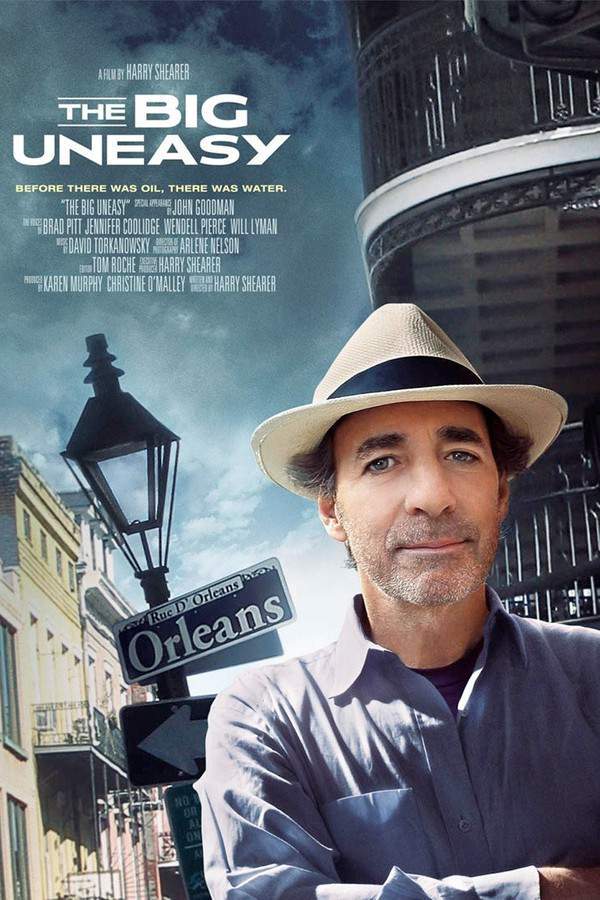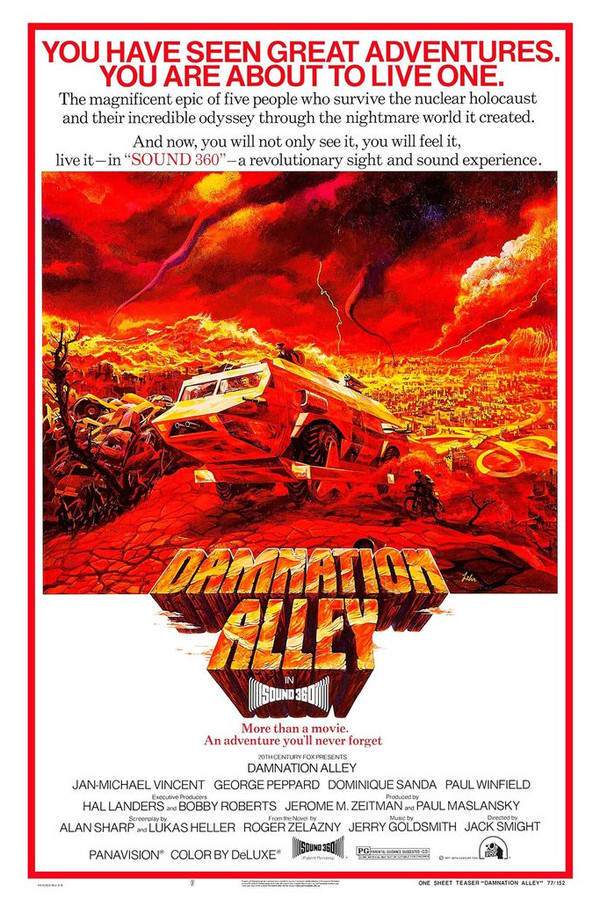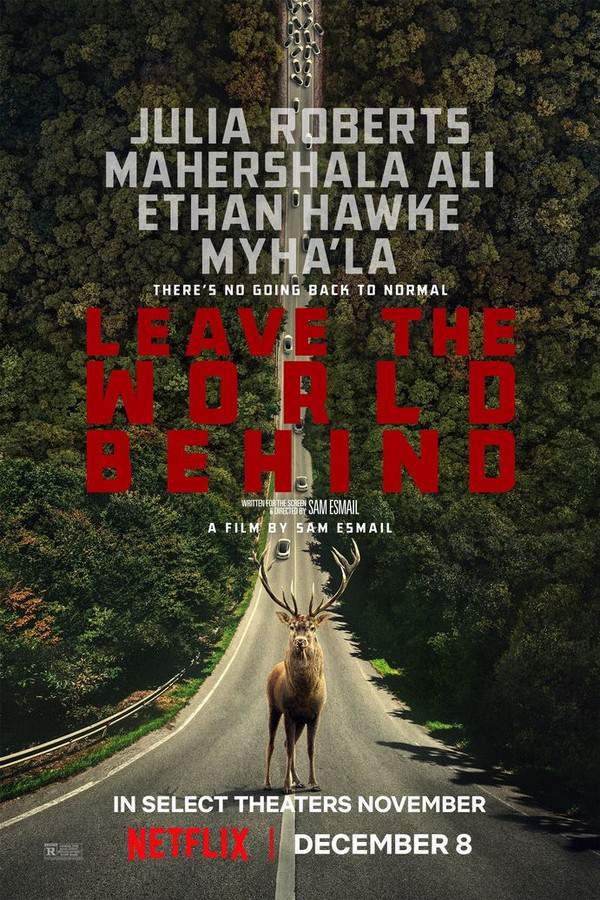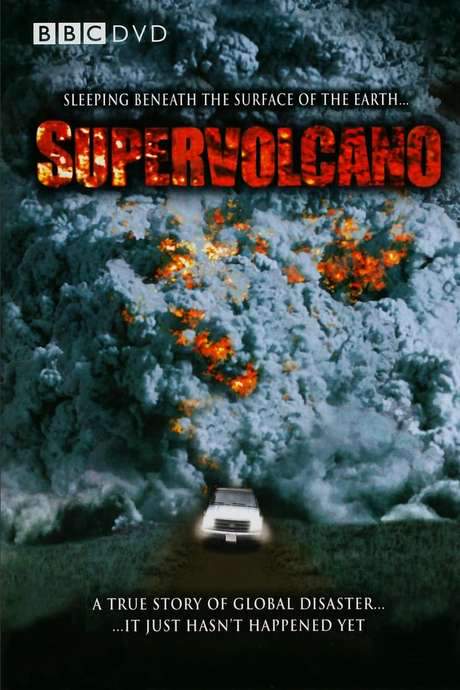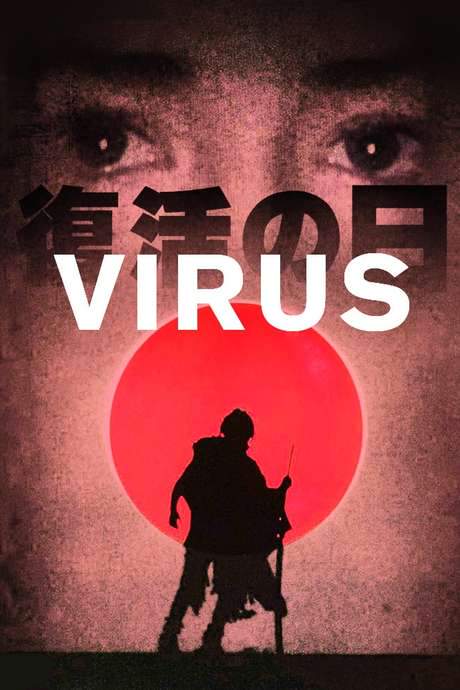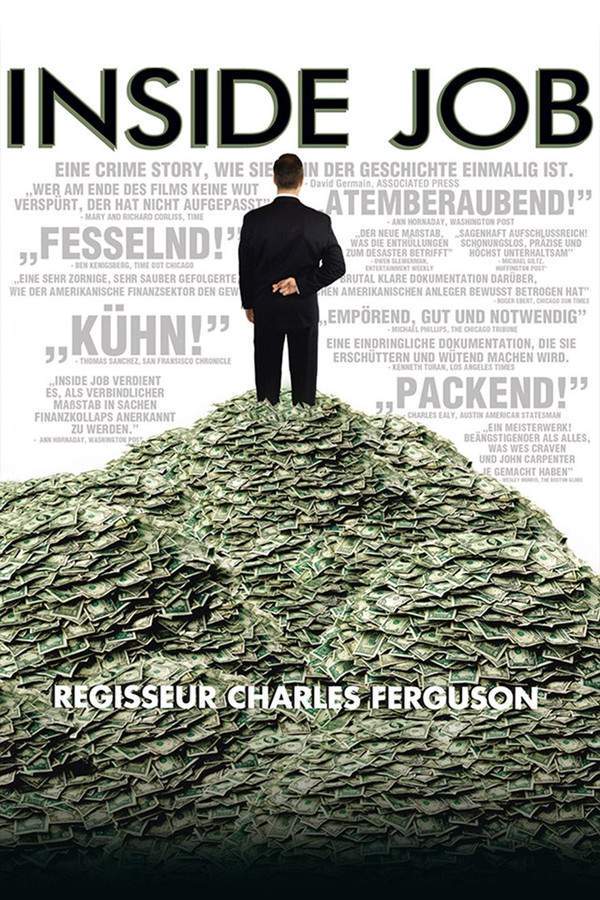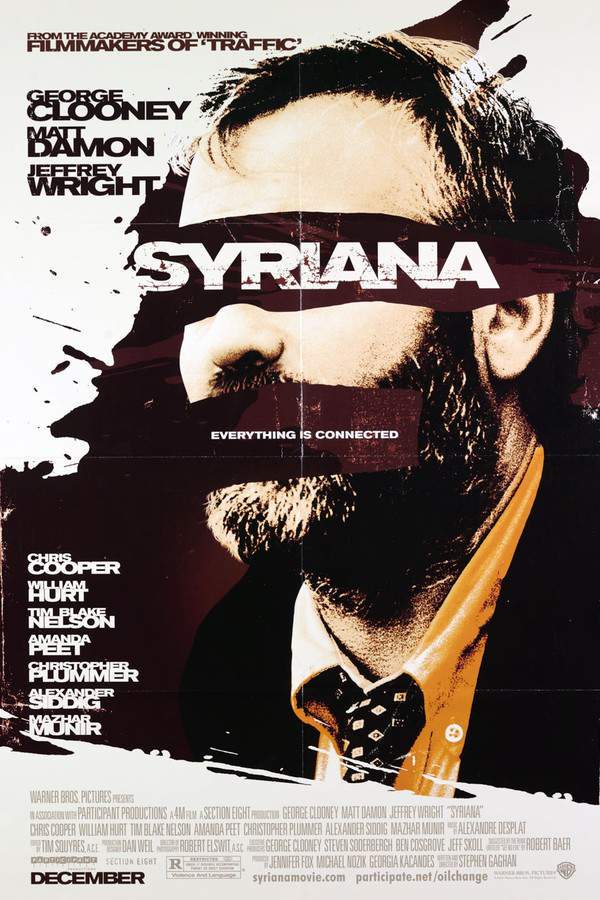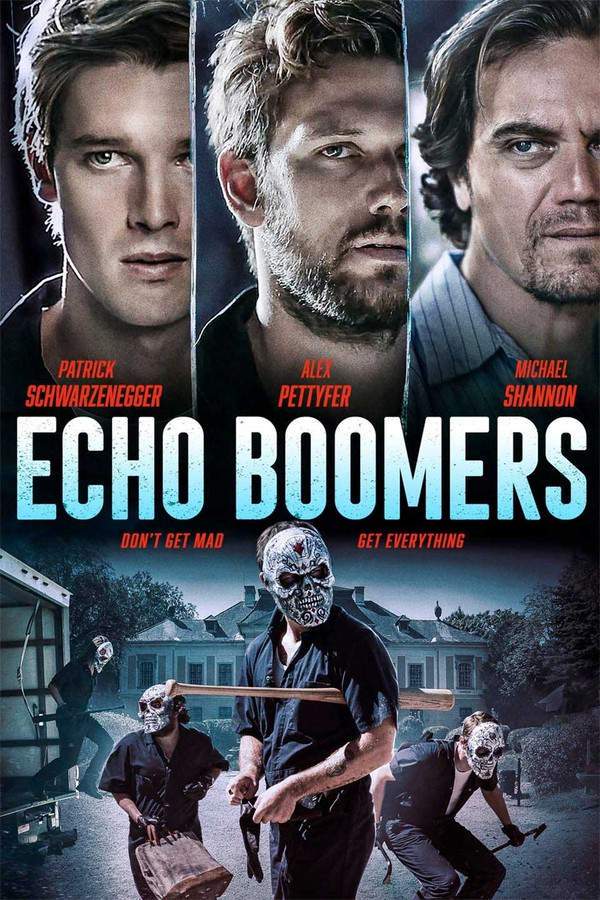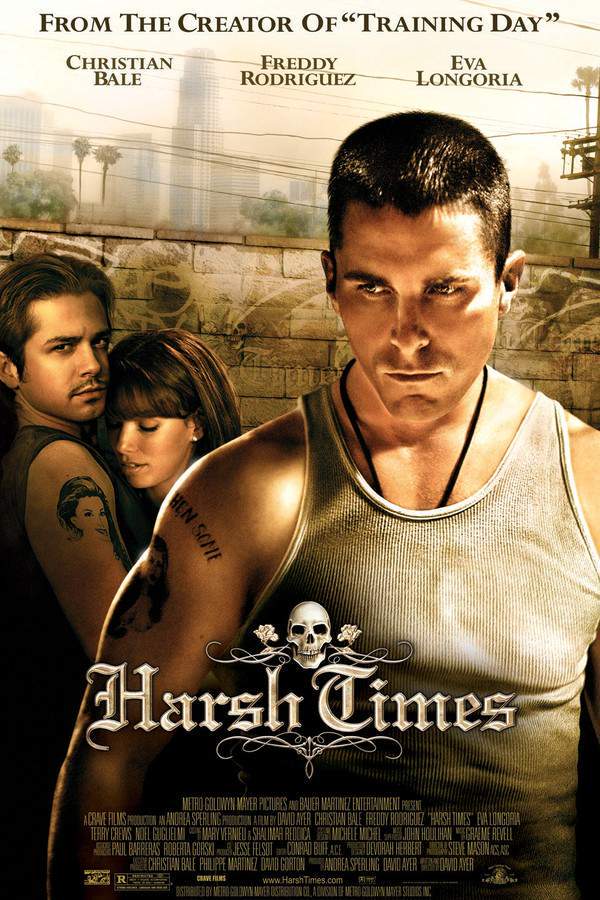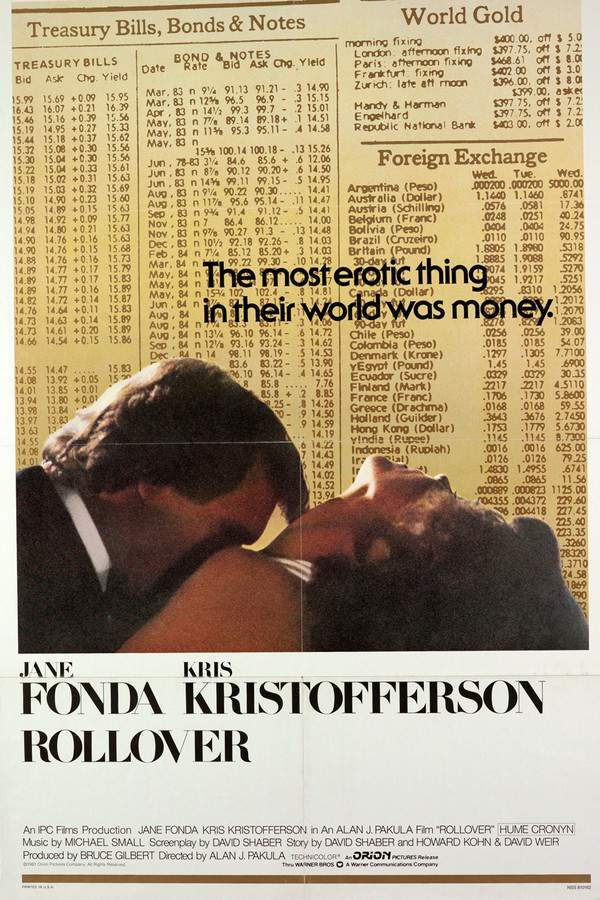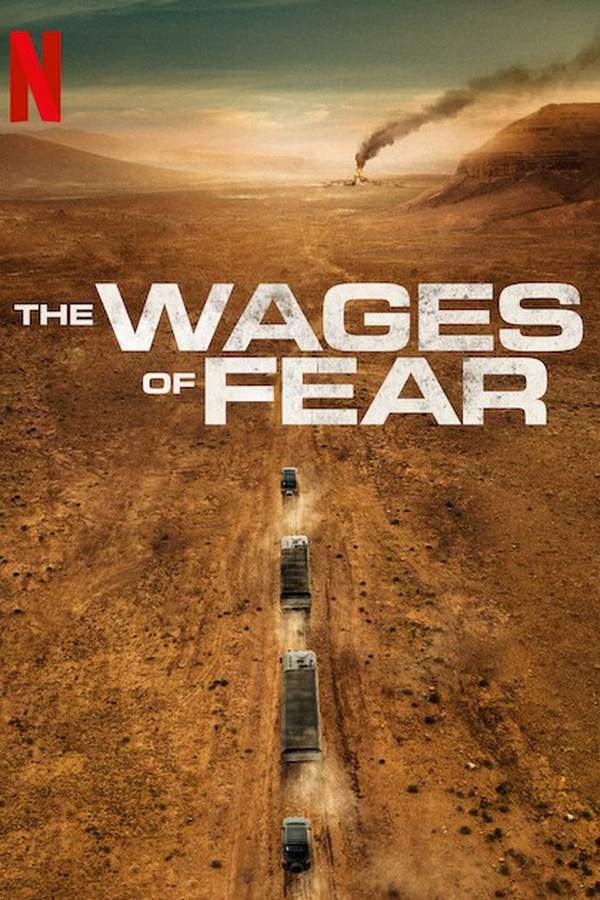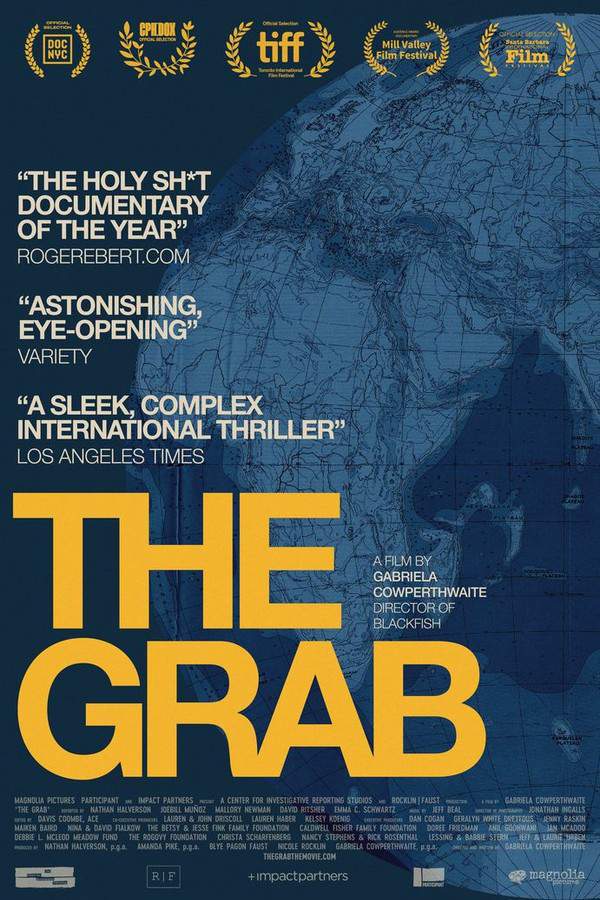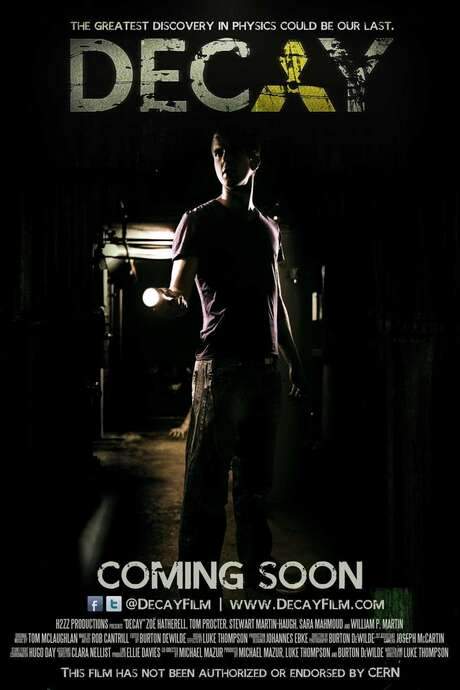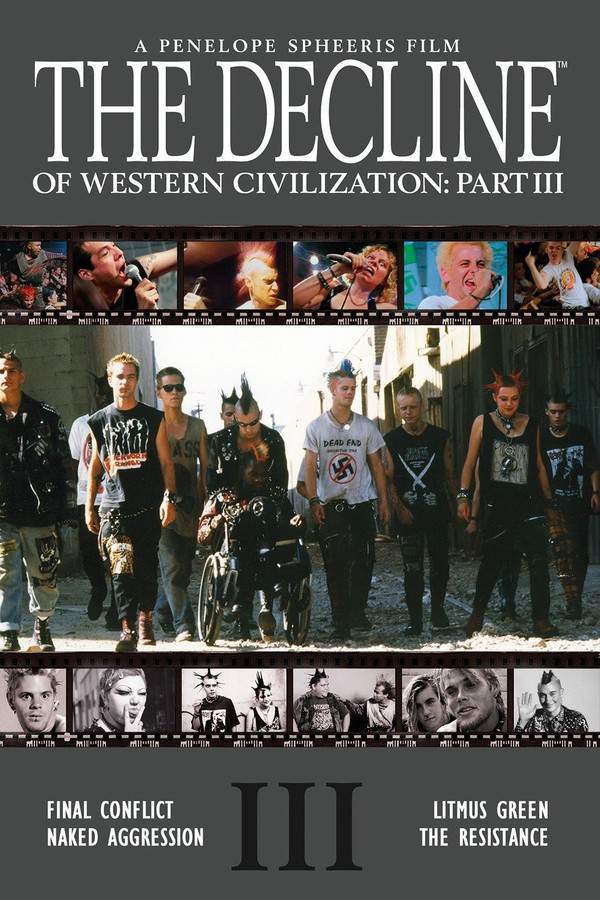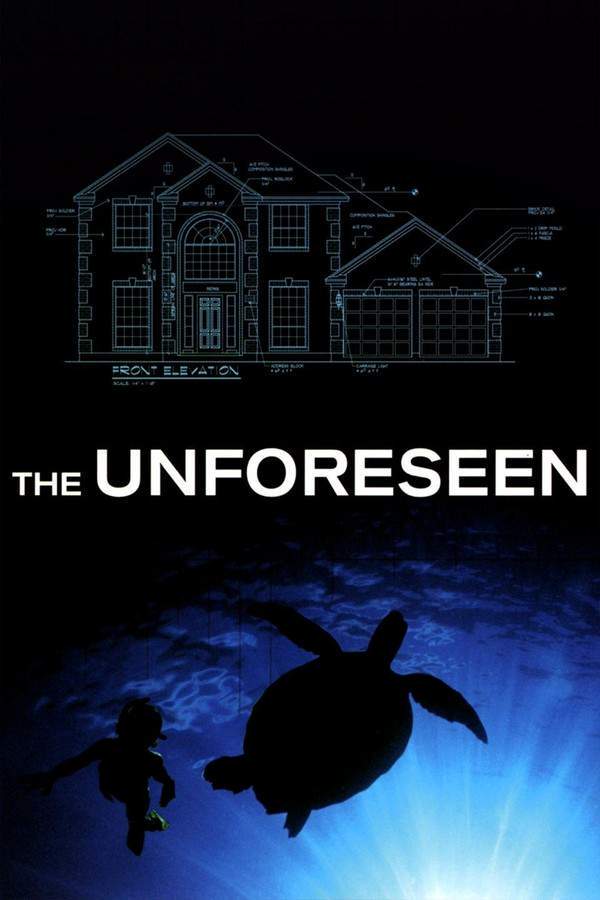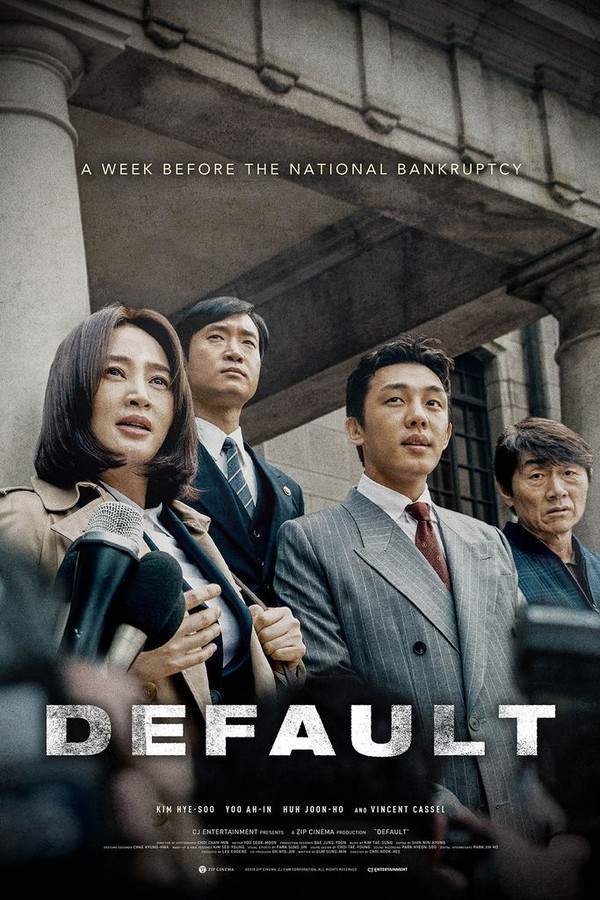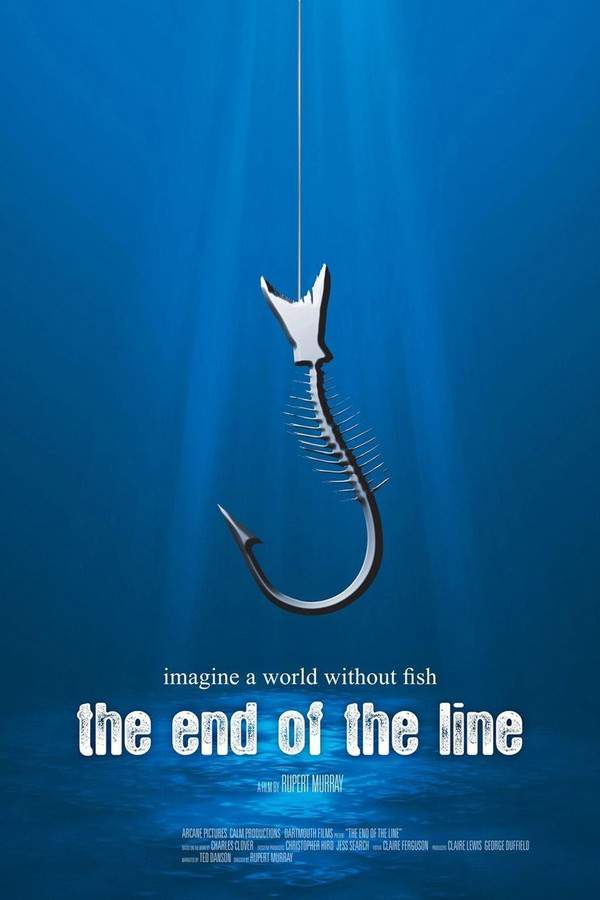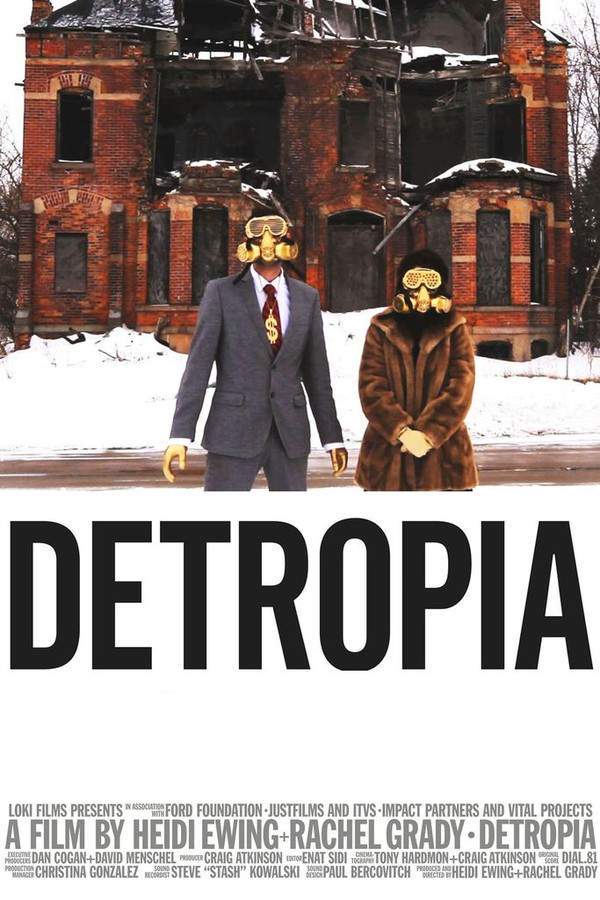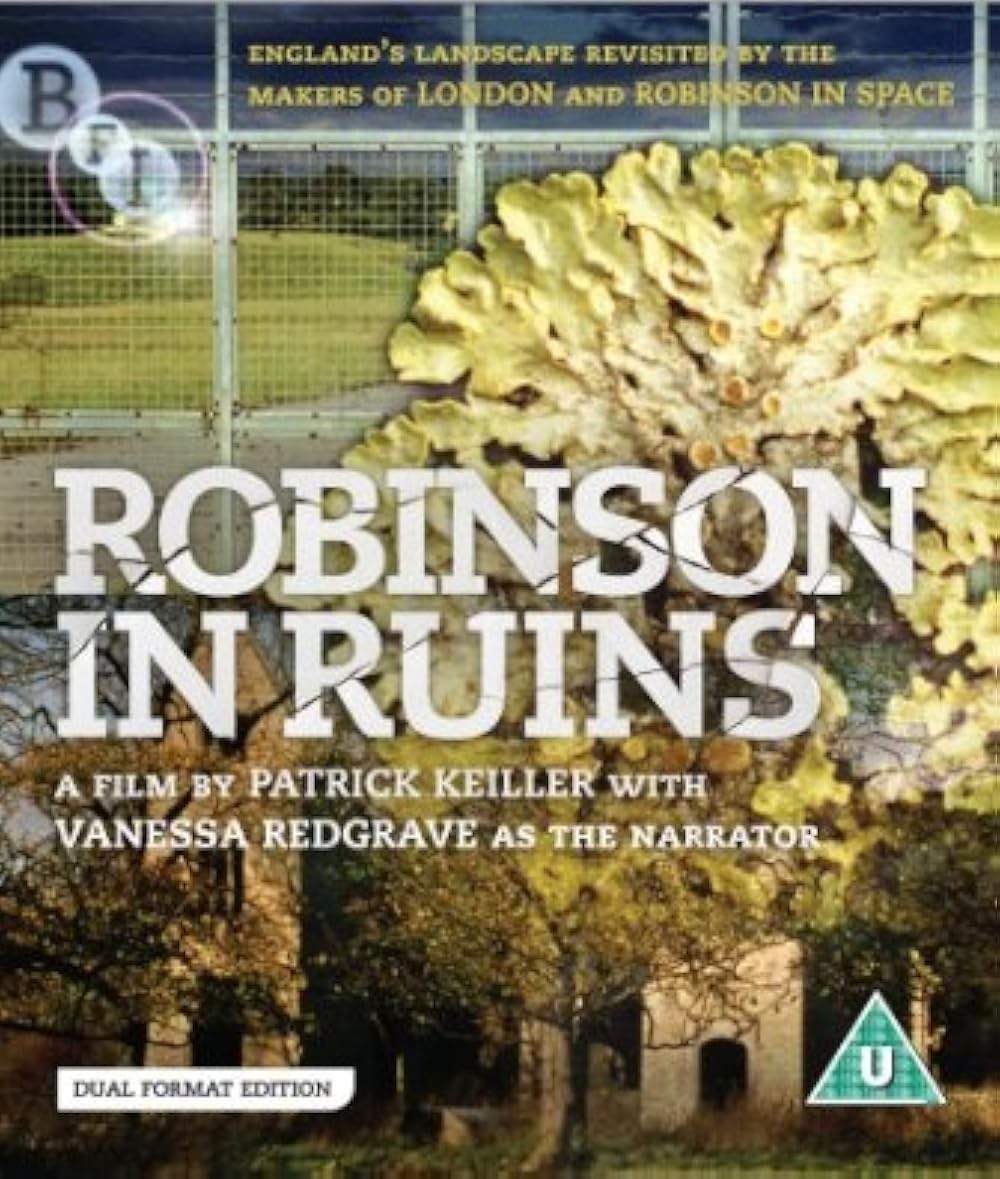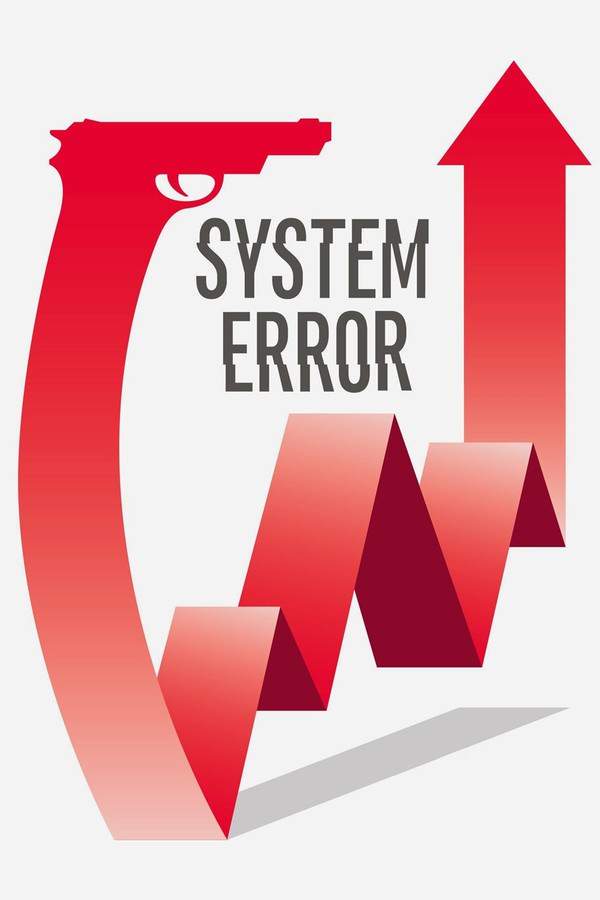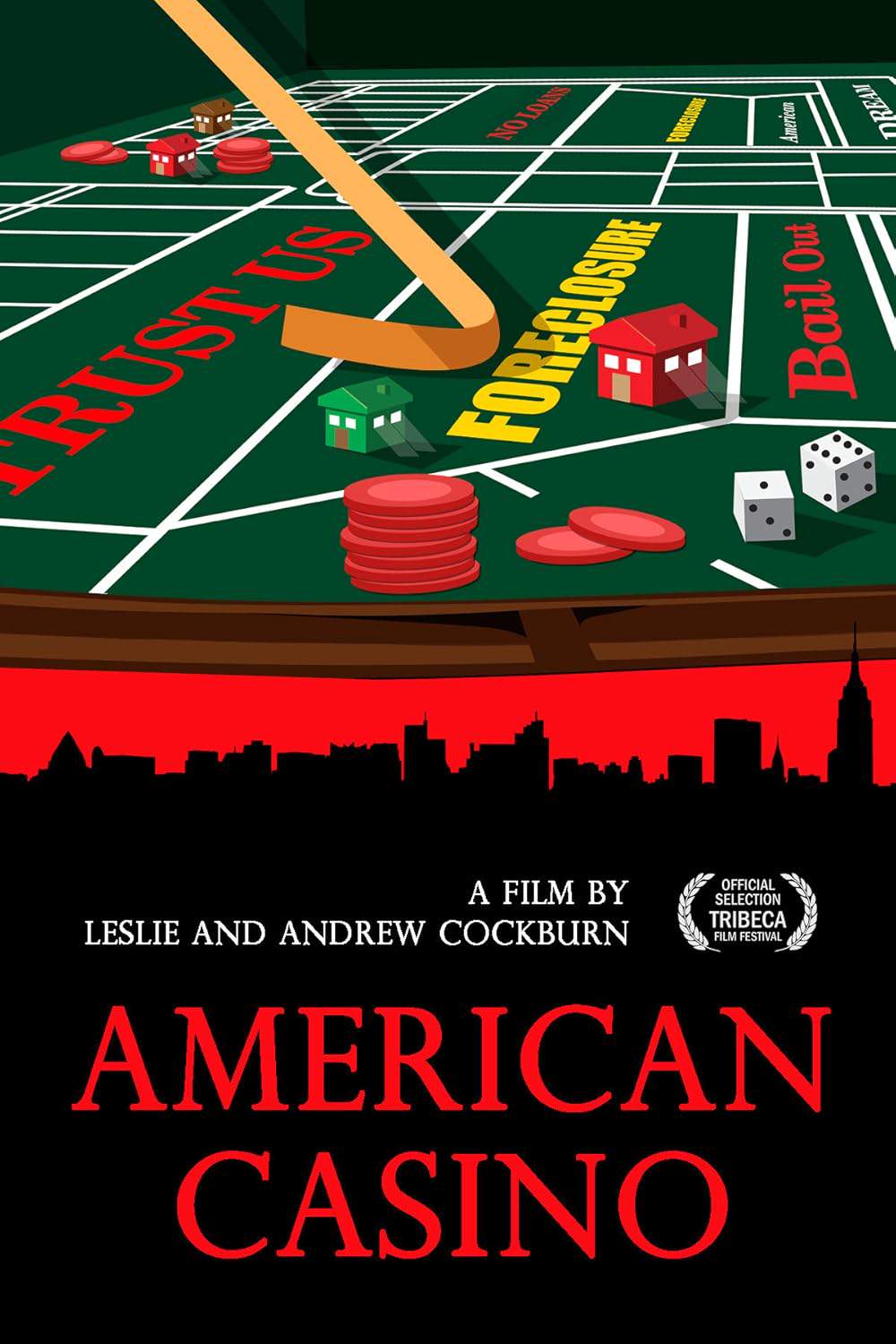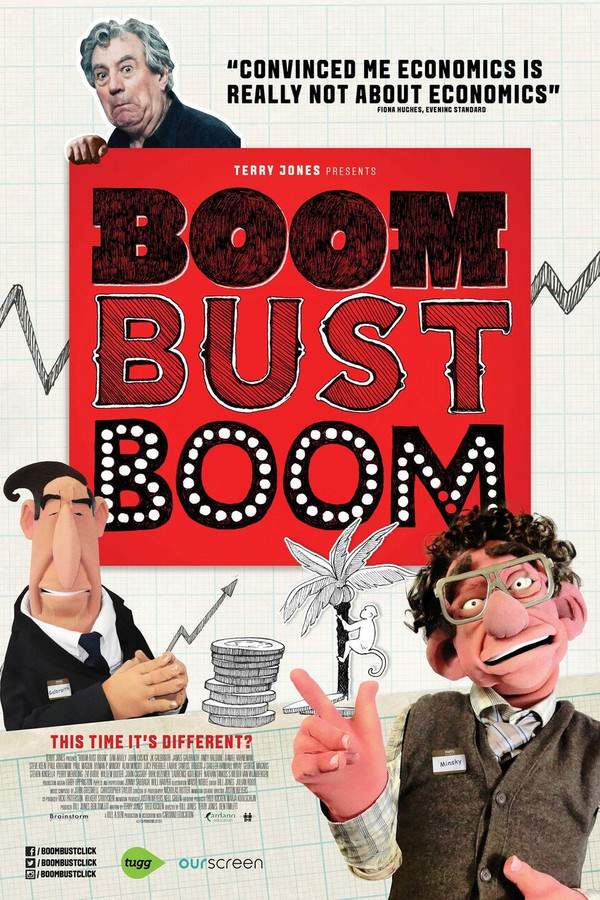
Collapse
Year: 2009
Runtime: 82 min
Language: English
Director: Chris Smith
This gripping documentary introduces Michael Ruppert, a former Los Angeles police officer who became an independent journalist and accurately predicted the financial collapse. Through his newsletter, he warned of impending doom while others remained skeptical. Director Chris Smith employs a distinctive filmmaking style, drawing comparisons to the works of Errol Morris and Spalding Gray, to capture Ruppert's compelling insights and unique perspective on the crisis.
Warning: spoilers below!
Haven’t seen Collapse yet? This summary contains major spoilers. Bookmark the page, watch the movie, and come back for the full breakdown. If you're ready, scroll on and relive the story!
Timeline – Collapse (2009)
Trace every key event in Collapse (2009) with our detailed, chronological timeline. Perfect for unpacking nonlinear stories, spotting hidden connections, and understanding how each scene builds toward the film’s climax. Whether you're revisiting or decoding for the first time, this timeline gives you the full picture.
Last Updated: November 07, 2024 at 23:01
Explore Movie Threads
Discover curated groups of movies connected by mood, themes, and story style. Browse collections built around emotion, atmosphere, and narrative focus to easily find films that match what you feel like watching right now.
Movies with doomsday interviews like Collapse
Intense interviews with lone voices predicting cataclysm.If you found the intense, interview-driven format of Collapse compelling, this list features similar movies. These documentaries and dramas focus on solitary figures delivering bleak predictions, creating a similarly tense and claustrophobic viewing experience for fans of urgent, insider-perspective stories.
Narrative Summary
The narrative pattern centers on a single character—often an expert, insider, or self-proclaimed prophet—delivering a complex and alarming thesis directly to the audience. The conflict is primarily intellectual, pitting the individual's conviction against societal ignorance or denial, and the structure is minimalistic, relying on the power of the spoken word to build tension.
Why These Movies?
Movies are grouped here because they share a specific filmmaking approach: using a confined setting and a single, powerful narrator to explore apocalyptic or systemic collapse themes. The shared mood is one of urgent, anxious revelation, with a steady pacing that allows the weight of the ideas to fully sink in.
Bleak documentaries about system failure like Collapse
Documentaries and dramas exploring the fragile foundations of civilization.For viewers who appreciated the deep dive into economic and oil dependency in Collapse, this section collects movies with a similar focus on systemic failure. These films, both documentary and fiction, share a bleak perspective on modern civilization, offering similar feelings of urgency and alarm for fans of heavy, topic-driven stories.
Narrative Summary
The narratives in this thread follow an investigative or explanatory path, building a case for a coming or existing catastrophe. They often feature experts, data, and historical patterns to support a central, grim thesis. The emotional journey for the viewer is one of rising dread and sobering realization as the argument unfolds.
Why These Movies?
These movies are united by their thematic focus on the collapse of complex systems and their consistently bleak outlook. They generate a similar mood of alarming urgency and intellectual unease, using a moderate to complex presentation of ideas to challenge the viewer's perception of stability and progress.
Unlock the Full Story of Collapse
Don't stop at just watching — explore Collapse in full detail. From the complete plot summary and scene-by-scene timeline to character breakdowns, thematic analysis, and a deep dive into the ending — every page helps you truly understand what Collapse is all about. Plus, discover what's next after the movie.
Collapse Summary
Read a complete plot summary of Collapse, including all key story points, character arcs, and turning points. This in-depth recap is ideal for understanding the narrative structure or reviewing what happened in the movie.

Characters, Settings & Themes in Collapse
Discover the characters, locations, and core themes that shape Collapse. Get insights into symbolic elements, setting significance, and deeper narrative meaning — ideal for thematic analysis and movie breakdowns.

Collapse Spoiler-Free Summary
Get a quick, spoiler-free overview of Collapse that covers the main plot points and key details without revealing any major twists or spoilers. Perfect for those who want to know what to expect before diving in.

More About Collapse
Visit What's After the Movie to explore more about Collapse: box office results, cast and crew info, production details, post-credit scenes, and external links — all in one place for movie fans and researchers.

Similar Movies to Collapse
Discover movies like Collapse that share similar genres, themes, and storytelling elements. Whether you’re drawn to the atmosphere, character arcs, or plot structure, these curated recommendations will help you explore more films you’ll love.
Explore More About Movie Collapse
Collapse (2009) Plot Summary & Movie Recap
Collapse (2009) Scene-by-Scene Movie Timeline
Collapse (2009) Spoiler-Free Summary & Key Flow
Movies Like Collapse – Similar Titles You’ll Enjoy
The Decline of Western Civilization Part III (2000) Full Movie Breakdown
The Unforeseen (2008) Full Summary & Key Details
Default (2018) Plot Summary & Ending Explained
The End of the Line (2009) Full Summary & Key Details
Detropia (2012) Ending Explained & Film Insights
Robinson in Ruins (2012) Full Summary & Key Details
System Error (2020) Detailed Story Recap
American Casino (2009) Movie Recap & Themes
Boom Bust Boom (2016) Plot Summary & Ending Explained
System Error (2018) Ending Explained & Film Insights
The End of Suburbia: Oil Depletion and the Collapse of the American Dream (2004) Detailed Story Recap
A Crude Awakening (2006) Spoiler-Packed Plot Recap
Collapse (1990) Full Movie Breakdown
The Collapse of The Soviet Union (2006) Plot Summary & Ending Explained
We’re All Going to Die (2023) Film Overview & Timeline


